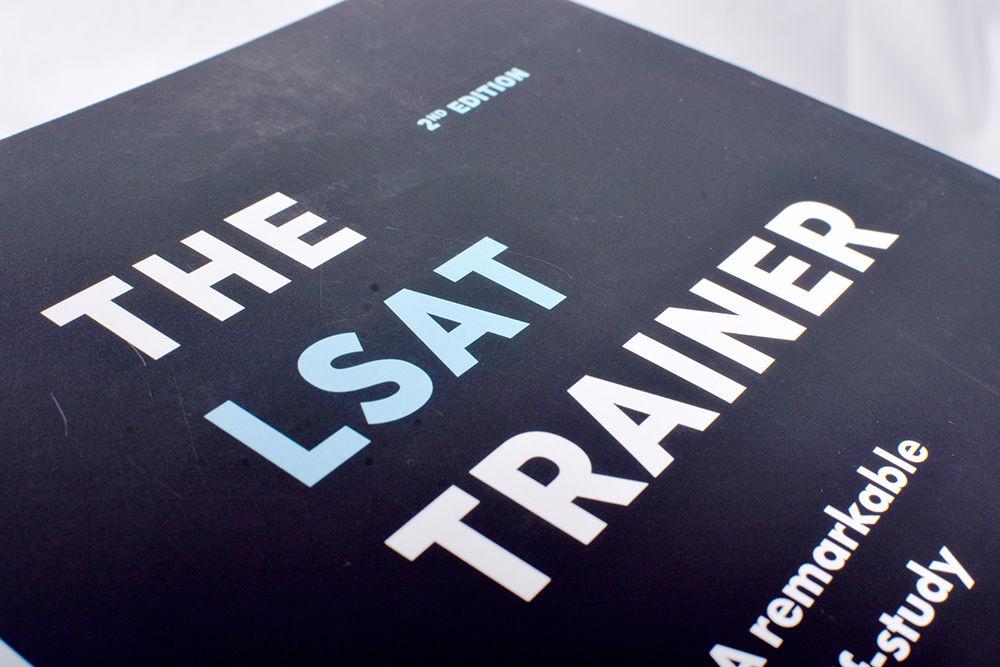The Law School Admission Test launched the new tablet version of the test on July 15, 2019. Some students and administrators are concerned with how the new version may impact student success on the exam.
The content and structure of the LSAT is still the same; however, some students have said they are nervous about having difficulty navigating the tablet version. Cameron Watts, a third-year studying finance, is preparing to take the LSAT. Watts said he fears the electronic version will be hard to use and not provide enough space to make notes in the margins.
“I like to be able to mark on the test, on an actual piece of paper while reading,” Watts said. “The LSAT has reading comprehension; it has reading skills and logic games. A big part of that is marking to this side of the paper while you follow along with the text, and that is impaired with a digital format.”
Cole Beck, president of the NC State Pre-Law Students’ Association and fourth-year studying political science, also said he is concerned about the tablet version impacting his efficiency when taking the test.
“I think that it affects grades negatively, in my experience,” Beck said. “I have taken it on paper and pencil as well as on tablets, and the technology on the tablets is still kind of new. They are a little bit less responsive than the paper and pen would be in that you have to take time to scroll through pages electronically versus just flipping through a paper book. That can cost a lot of time, and the LSAT is definitely a test of margins.”
That being said, Beck said he thinks there is room for students to adapt to better take the test and become familiar with the new format.
“I think when the technology gets better and students get more used to practicing on the digital medium, the scores will even out,” Beck said.
Test administration has acknowledged student concerns that the test may now be harder. However, according to Kristin Marcell, the director of content marketing for the LSAT, these changes were made with students in mind, in order to ensure exam security and increase accessibility.
“Most graduate programs have already switched to computer delivery, but the existing methods were not up to our standards,” Marcell said. “That is why we patented a new system for delivering the LSAT digitally, through the use of tablets.”
Marcell also said the LSAT administration has created new ways to help students prepare for the change in format to the exam.
“There are several ways to prepare for the LSAT now that it has gone digital,” Marcell said. “Our free tutorial at LSAC.org shows how tablets work so that test takers can feel confident on test day, and it allows test takers to practice using the tools and features they will have on the day of the test.”








